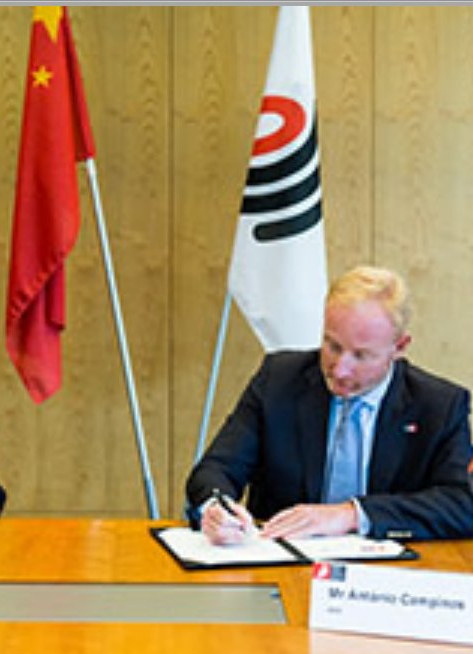

THE EPO seems eager to handicap Europe's software industry. What does it care anyway? All it wants to do is grant as many patents as possible and get a pat on the back from litigators. António Campinos has taken this lunacy to new levels as the EPO under his leadership constantly promotes software patents in Europe. It does so not only every day but several times per day. Campinos recently saw the need to write a blog post about it.
"...now that nontechnical people (promoted based on loyalties rather than merit) run the EPO they're more easily swayed by law firms and marketing departments, not scientists."Not everyone is upset about this abomination. Some people make a living not from creation but from destruction; put another way, they sue things out of existence. Like patent trolls do...
Patent law firms, unlike patent trolls, win irrespective of the courts' outcomes. It doesn't matter if European Patents are nowadays presumed invalid; all that matters is that lawyers are needed...
We recently wrote about the leveraging of "AI" as a byword or surrogate for software patents. Philip Naylor (Carpmaels & Ransford LLP) took note of that too; writing in IAM, the EPO's propaganda rag, Naylor said this:
The EPO has updated its official guidelines to include a specific section on how the office is likely to assess patent applications directed towards artificial intelligence (AI). A preview of the update can be found on the EPO website and will come into force on 1 November 2018.
The update to the guidelines provides further clarity on how the EPO’s existing legal framework will be applied to AI inventions. Generally, the update confirms that the same rules that are applied to all computer-implemented inventions will apply to inventions involving AI. The rules stipulate that mathematical methods per se are “devoid of technical character” and thus are not patentable when considered in isolation. However, inventions that use mathematical methods remain patentable if they provide a technical solution to a technical problem. The EPO’s guidelines now state that AI and machine-learning algorithms are considered to be mathematical methods. Therefore, an invention that uses AI or machine learning must solve a technical problem in order to be patentable, in the same way as any other computer-implemented invention.
Jennings is in the camp that believes that AI “augments humans”. He said he was “very happy to see that the European Patent Office (EPO) stresses AI as augmented intelligence”.
The EPO published its preliminary update of its guidelines for examination in early October, which included changes for provisions relating to the patentability of AI and machine learning.
A European patent or a patent application may not be amended to contain subject matter extending beyond the application as filed. This section of the Guidelines provides guidance on when replacing or removing features from a claim results in unallowable added subject matter.
The Guidelines describe a three step test to determine if such amendments result in added subject matter. The updated Guidelines clarify that an amendment will fail the test, and thus add matter, if at least one criterion of the test is failed.
[...]
The changes to the Guidelines emphasise the importance of this "gold standard" over the above three step test. The "gold standard" should therefore, be considered when making amendments to the claims of a patent or application, in particular when removing or replacing features. Furthermore, the change to the first step of the test may make it easier for objections to be raised to amendments. The previous Guidelines stated that it was enough for a skilled person to recognise that a feature is explained as essential, whereas, the updated Guidelines require that the feature must be objectively explained as essential.
In summary then, the EPO's advice to examiners in relation to removal of features would seem to be getting stricter.